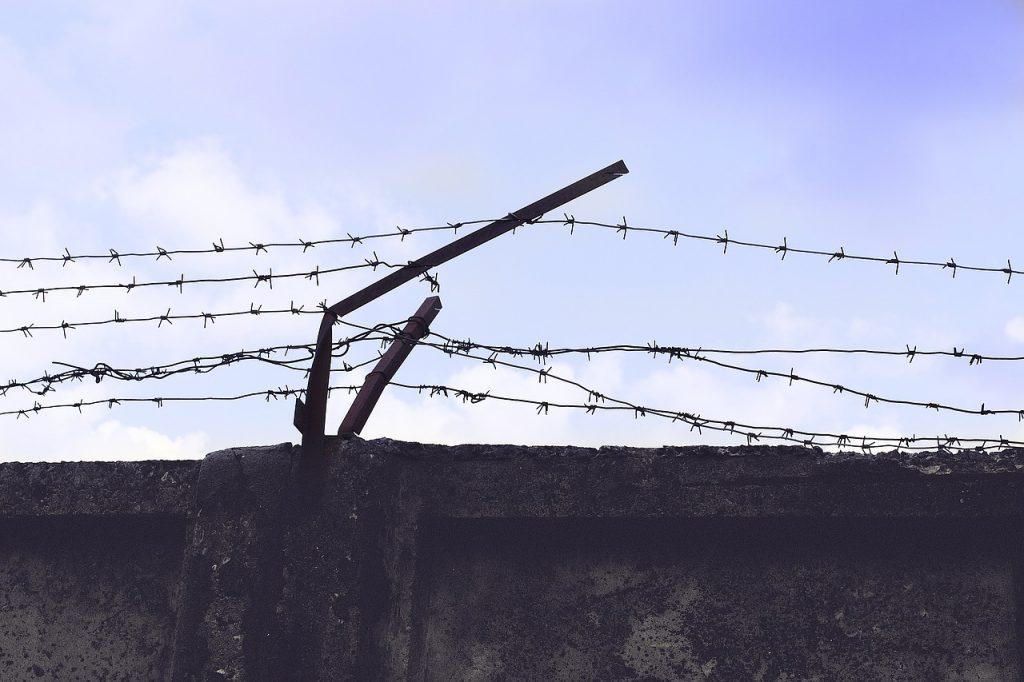
The Beat
On board with ThinkUKnow
National Safer Internet Day fell on Tuesday of this week, and the cyber safety education program ThinkUKnow is now Australia-wide. Every state law enforcement agency now works with the Australian Federal Police and accredited volunteers from Microsoft Australia, the Commonwealth Bank and Datacom to educate community members. A range of app-specific resource packs are supplemented with sessions for youths and adults that focus on sexting, cyber bullying, online grooming and privacy. Piloted by the UK Child Exploitation and Online Protection Centre, the evidence-based program demonstrates expanding community engagement—over the last two years, 670 volunteers worked with 10,000 parents, carers and teachers, while police reached out to over 151,000 school children (PDF).
Australia, Indonesia and terrorism financing
Financial intelligence agencies in Indonesia (PPATK) and Australia (AUSTRAC) have joined forces, targeting money laundering and terrorism financing. Along with information sharing and exchange programs, Australian specialists will help to bolster Indonesia’s analysis systems. The agreement comes on the back of broader discussions of bilateral and regional cooperation in security and justice settings.
Inside the Supermax
Keep an eye out for the just-released documentary ‘Solitary: Inside Red Onion State Prison’. Inspired by a New Yorker feature on the mental-health effects of solitary confinement, excerpts promise a rare and moving insight into life on both sides of the bars.
CT Scan
Increasing CT efforts
Turkish authorities arrested 400 individuals suspected of supporting the Islamic State in a series of coordinated raids as part of the government’s crackdown on terror after the New Year’s Eve nightclub attack in Istanbul. Five countries in Africa’s Sahel region have also stepped up their counterterrorism efforts, agreeing to set up a joint CT force to challenge the threat of jihadist activity. That project’s been in the pipe-line for a while it seems.
CT in the online space
Moving away from land-based CT efforts for a moment, social media heavyweights Facebook and YouTube are working with the US government to take a more active approach to combatting terrorist and extremist propaganda online. An interesting initiative of the project, called ‘Creators for change,’ sees influential YouTube users take on the role of ambassadors for social change. Readers should check out Humza Arshad’s YouTube page, Humza Productions. Arshad has worked with the Metropolitan Police in the UK to help combat radicalism among young populations. For more on how to take the digital fight to Daesh, check out this fantastic 2016 piece from Jigsaw president, Jared Cohen.
Finally, Defence Trading Solutions has created the world’s first counterterrorism app, TerrorMate, set to launch globally in March 2017. Its features include encrypted instant messaging, real-time information of nearby incidents and geo-tagging. See here for an interesting video explaining further.
Checkpoint
Australia’s gangbusters cocaine intercept
After a two-and-a-half-year investigation, a record-breaking 1.4 tonnes of cocaine with an estimated street value of $312 million was seized last week by the Australian Federal Police, supported by the Australian Border Force and New Zealand, Fijian and French Polynesian authorities. On 2 February, the Maritime Border Command arrested two men on a yacht, which had allegedly travelled from New Zealand to a ‘motherlode’ in the South Pacific to collect the drugs. Police subsequently arrested three Sydney men who were planning to sail to meet the yacht before transporting the drugs back to Australia.
EU seeks to dismantle people smuggling in the Mediterranean
The EU’s planning to close the illegal migration channel from Libya across the central Mediterranean. That would involve the tricky (and expensive) task of enlisting the Libyan Government of National Accord’s cooperation to counter people smugglers. EU council president Donald Tusk said deterring smuggling operations will prevent people ‘dying in the desert and at sea’. Indeed, the International Organization for Migration records claims that 5,083 people died in the Mediterranean in 2016. The head of a settlement NGO in Malta has labelled the EU’s move a ‘structural wall’ that’s no better than Trump’s cornerstone initiative at the US–Mexico border. The Economist provides a good analysis of the deal’s prospects for success.
First Responder
Afghanistan snowed in
A series of avalanches in Afghanistan over the weekend killed over 100, with the death toll expected to rise. The deadliest incident was in Nuristan, where 64 people died, including 53 from one village. This disaster follows last month’s brutally cold weather that caused the deaths of 27 children. Aid is being delivered by helicopter as blocked roads and mountainous terrain delay rescue efforts. Snow storms are continuing and officials are warning of further avalanches.
Building resilience or resilience building?
Britain’s Building Research Establishment (BRE) has launched a flood-resilient prototype home. The ‘Resilient House’ demonstrates how to protect homes against flood damage and aid in recovery. Measures include flood resistant doors and windows, water resilient walls and insulation, and floor and wall membranes to channel water towards drains. The British government has committed to investing £2.5 billion to improve flood protection for 300,000 properties by 2021. However, BRE says it’s ‘not yet normal practice for properties in areas at high flood risk to be made more resilient following a flood.’ Here’s hoping the Resilience House can help change that.
140 years of weather
Monday marked the 140 year anniversary of the first weather map published in an Australian newspaper. In case you were wondering, that morning’s weather in Sydney was 19° Celsius.